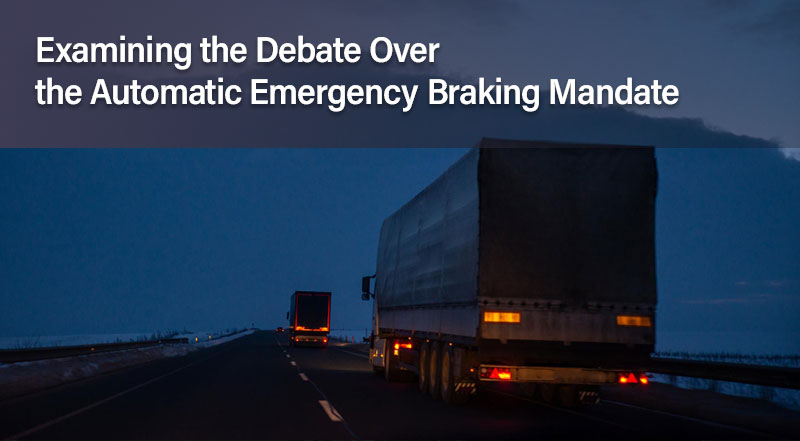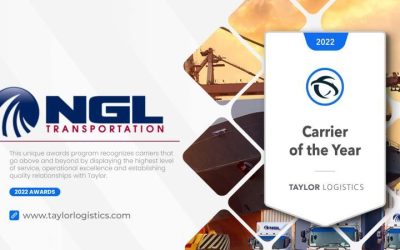Automatic Emergency Braking (AEB) technology has gained significant attention for its potential to enhance road safety by reducing the risk of collisions. However, a recent article on FreightWaves sheds light on the ongoing debate among safety officials regarding the implementation of a nationwide AEB mandate. In this blog post, we delve into the key points of contention surrounding this issue and explore the perspectives of stakeholders involved.
The Push for an AEB Mandate:
AEB systems utilize sensors and advanced algorithms to detect potential collisions and automatically apply the brakes to prevent or mitigate the impact. Proponents of a nationwide AEB mandate argue that this technology has the potential to significantly reduce rear-end collisions and save lives.
The Counterarguments and Concerns:
While the potential benefits of AEB technology are evident, safety officials have raised several counterarguments and concerns:
- Cost and Implementation: One major concern is the cost of implementing AEB systems in all vehicles. This expense could be particularly challenging for smaller fleets and independent truck drivers, potentially affecting their competitiveness and financial viability.
- Reliability and False Positives: Some critics argue that AEB systems may not always accurately detect potential collisions, leading to false positive alerts or unnecessary braking. This could create safety hazards, especially in situations where sudden braking is not warranted.
- Training and Adaptation: The successful implementation of AEB technology requires proper training for drivers to understand its capabilities and limitations. Additionally, drivers need time to adapt to the new technology, potentially affecting their driving behaviors and reaction times.
- Technical Challenges: The integration of AEB systems into existing vehicle fleets may present technical challenges, including compatibility with different vehicle models, maintenance, and software updates.
Finding a Balanced Approach:
The debate over the AEB mandate highlights the need for a balanced approach that considers both the potential benefits and challenges:
- Gradual Implementation: A phased approach to implementation could allow for a smoother transition, giving manufacturers and drivers time to adapt and address technical and training challenges.
- Performance Standards: Establishing clear and rigorous performance standards for AEB systems can help ensure their reliability and effectiveness, reducing the risk of false positives and unnecessary braking.
- Financial Support: Providing financial incentives or assistance to smaller fleets and independent drivers could help offset the costs associated with implementing AEB technology.
- Driver Training: Comprehensive driver training programs should accompany the introduction of AEB systems to ensure drivers fully understand the technology and how to react in various scenarios.
Conclusion:
The debate over the nationwide AEB mandate reflects the complexity of integrating advanced safety technologies into the trucking industry. While the potential benefits of AEB systems in reducing collisions and improving road safety are promising, addressing concerns related to cost, reliability, and training is essential. By finding a balanced approach that prioritizes safety, technical feasibility, and the financial well-being of industry stakeholders, the trucking sector can harness the benefits of AEB technology while ensuring a smooth and effective transition.





